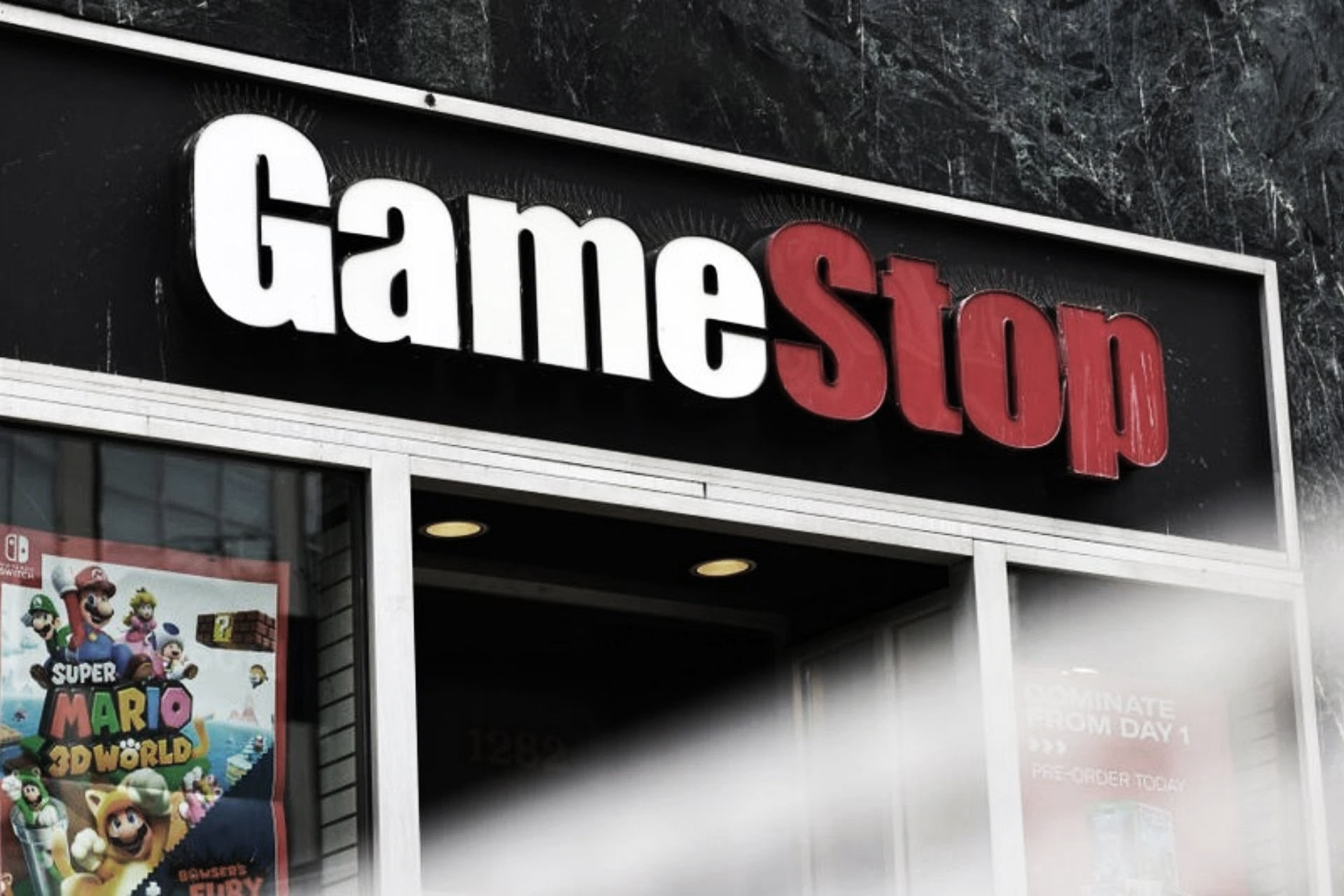GameStop was the story of last week as the newly-formed retail Reddit army WallStreetBets went to war with some Wall Street hedge funds, driven (at least initially) by apparent anger against the establishment in response to what they consider generational and historic injustices.
Spoiler: the hedge funds lost billions.
It’s proved a deeply polarising story provoking some incredibly strong and opposite opinion, but the reality is nothing like as simple as many voices are making out.
Rather than telling the whole story (there are plenty enough out there already) this makes for a very balanced and credible summary. Although it’s been reduced and trivialised to being little more than a pump and dump, Bloomberg’s Odd Lots podcast was excellent this week and contained an interview which presented something of a more considered fundamental argument for the stock (not that it tries to justify it’s current post-short-squeeze valuation)
Most people seems to have picked a side, but it’s far too simplistic to label it as right or wrong when it’s evident the whole thing is littered nuances and complexities. What is clear though is that it’s asked a lot more questions than provided answers, and how the regulators and U.S Congress react in the coming week(s) and the narrative that accompanies any action could be significant.
The whole episode has undoubtedly pushed the current centralised infrastructures to their limits and consequently posed questions around whether the free market is as free as we’ve assumed it to be, especially when RobinHood suspended the trading on Thursday (which limited retail investors to selling only) a slew of legal action quickly followed and created a rare moment of solidarity with members from both sides of congress calling for a probe.
Conspiracy? Probably not
Some are claiming it proves the markets broken, or evidence of some widespread conspiracy, but it seems unlikely. For the most part markets seems to have performed the function of facilitating buying and selling pretty well. Instead the issue appears to have been a lack of liquidity within the clearing process.
In order to clear the transfer of a security from seller to buyer it must currently go through a 2 day settlement process, and clearing houses require brokers to post collateral to cover that duration. The sheer volume of transactions last week led to clearing houses raising clearing requirements which created something of a liquidity issue for brokers and why RobinHood (and other brokers) were forced to cease trading and draw down their credit line. RobinHood raised an additional $2.4 billion funds from investors just today.
The most likely explanation is simply that the system had never been put under such stress by such volume. As it is with any failure though, it did raise some valuable questions.
Should it be possible for a stock to be shorted 148% given how exposed it could leave shorts to being squeezed? Does the current 2 day clearing process need to be sped up somehow to avoid liquidity issues? Or the existing collateral limits raised to better absorb demand spikes?
Other questions center around Citadel and whether they should be able to operate both a hedge fund (shorting GameStop) as well as a market maker and a clearing house for RobinHood traders (going long against them) given the inherent conflict of interest?
A final inevitable question is whether Reddit constitutes market manipulation on the part of retail? Might there have been pockets of collusion? No doubt there might be some somewhere. But does the public exchange of ideas where individuals buy under their own volition equate to it? That logic seems rather overstretched to me, and more of a “markets, meet social media” moment.
Going forward hedge funds may also want to factor in retail to their risk models going forward. Turns out retail can bite.
Writing was on the wall
Many blame the Fed for creating the conditions that enabled it to happen through their policy of record low interest rates and the introduction of huge stimulus.
Combine those conditions with the explosion of retail participation, locked-down and bored, and the rise of transaction-free trading apps, it could be argued the writing had been on the wall even if no-one could have imagined it playing out quite as it has.
With GameStop short interest still over 50% at time of writing the war isn’t over. The original shorts may have closed their positions and retreated to lick their wounds, but new ones will have opened to exploit the obvious value dislocation.
Retail may hold out for a while but it’s a war they look ultimately destined to lose. When questions are asked about the fundamental principles of market freedoms and parity though, answers are worth searching for, and with people hungry for answers, whatever the outcomes it looks unlikely to have been in vain.
Contagion over coming weeks poses a very real danger though as retail investors who want to inflict further losses on hedge funds turn their attention to Silver – although it’s a much bigger market so it’ll be a lot harder to move.
And let’s face it, if the muscle-flex works again it’s hard to believe it’ll stop there.
Market reaction
Wider markets became something of a sideshow, but given how badly they handle uncertainty some indigestion was inevitable.
Both the S&P and the FTSE saw sharp drops, falling 3.3% and 4.3% respectively – their worst weekly performances since last October.
What next? Who knows, but i’d buckle up.
